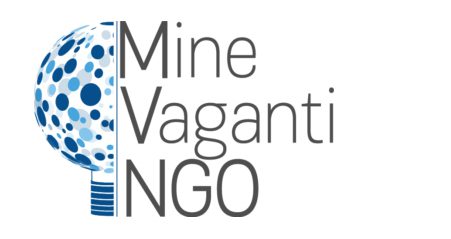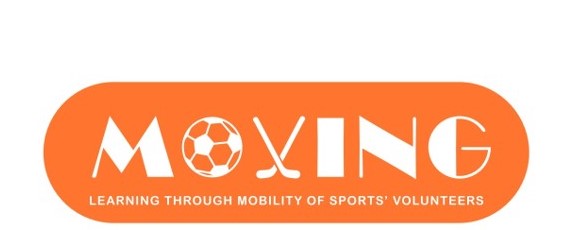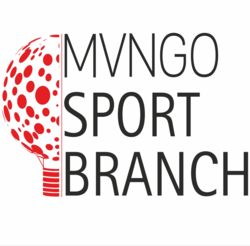Project Title: Promotion of Physical Activity of the Youth through Active Mobility to School (PAYAMOS)
Duration: 01/01/2020 – 31/12/2021
Project reference: 613171-EPP-1-2019-1-DE-SPO-SCP
Funding: 396.906,00 €
Programme: Erasmus+
Key Action: Sport
Action Type: Collaborative Partnership
Scheduled meetings:
- Meeting no.1: Kick-off meeting Berlin, hosted by TUB (February 2020)
- Meeting no.2: Intermediate project meeting 1: Sassari, hosted by MVNGO, M6 (June 2020)
- Meeting no.3: Intermediate project meeting 2: Thessaloniki, hosted by EGVE: M13 (January 2021)
- Meeting no.4: Intermediate project meeting 3: Rijeka, hosted by RDSA, M18 (June 2021)
- Meeting no.5: Final meeting: Rotterdam, hosted by EUR, M23 (November 2021)
The involved associations in this projects are: Technische Universitat Berlin (Germany) as coordinator, Erasmus Centre for Urban, Port and Transport Economics BV (Netherlands), Cracow University of Technology (Poland), The Northern Greece Physical Education Teachers’ Association (Greece), Mine Vaganti NGO (Italy), Rijeka Sports Association for Persons with Disabilities (Croatia) and Sports Ambassadors Association (Turkey)
“Promotion of Physical Activity of the Youth through Active Mobility to School” (PAYAMOS) aims at promoting the physical activity of children of 9-12 years and adolescents of 14-18 years in Germany, Netherlands, Poland, Greece, Italy, Croatia, and Turkey.
The main objectives are:
1) providing state-of-the-art of the topic of the relationships between the mobility of children/adolescents/parents, their perceptions, Active Mobility to School (ATS), the built environment, the physical activity of the youth, as well as their body weight, fitness, and oxygen uptake in 7 European countries;
2) production of uniform and reliable data generated uniformly in the partner countries;
3) to shorten the time that the results of such academic studies reach the hand of policymakers, school authorities, who are supposed to intervene in the way students transport to their schools;
4) to fill the gap between the empirical academic studies on the above subjects with the end-users.
Intellectual Outputs:
- Datasets;
- Journal Papers;
- Booklets.




